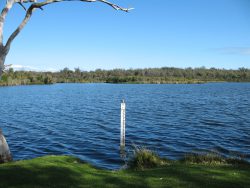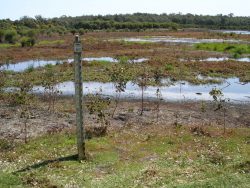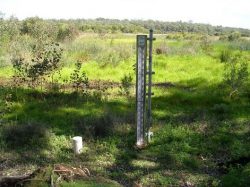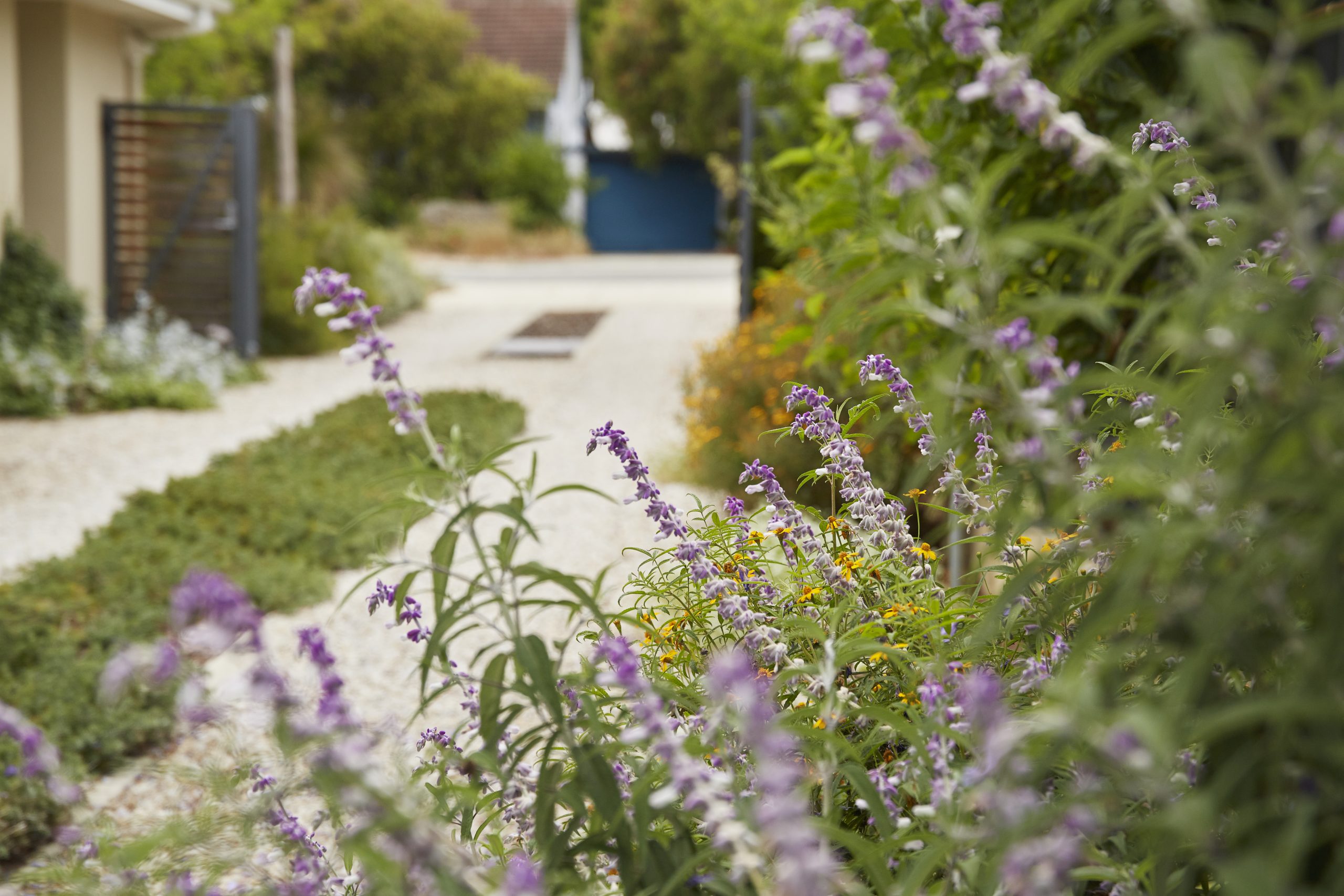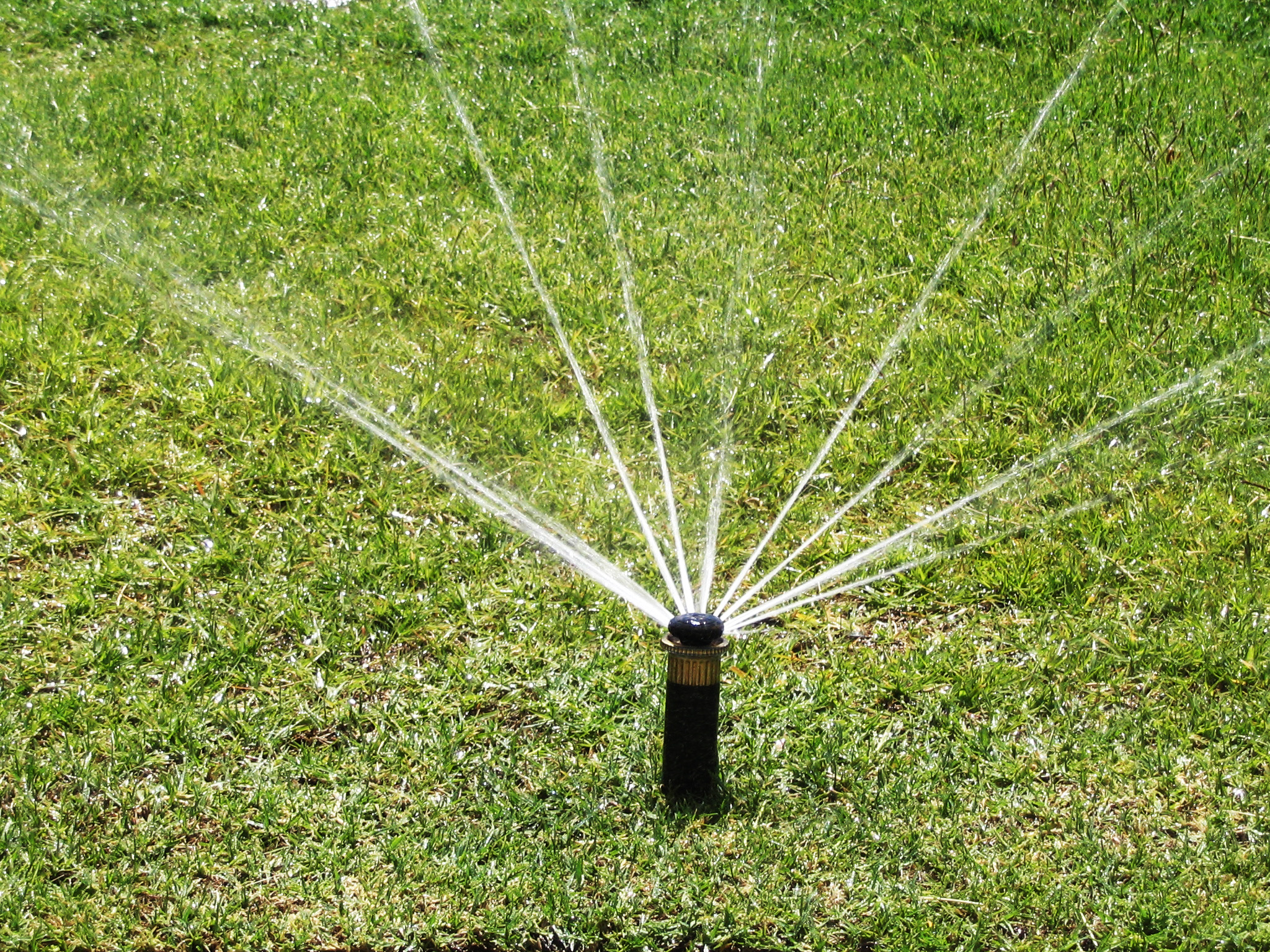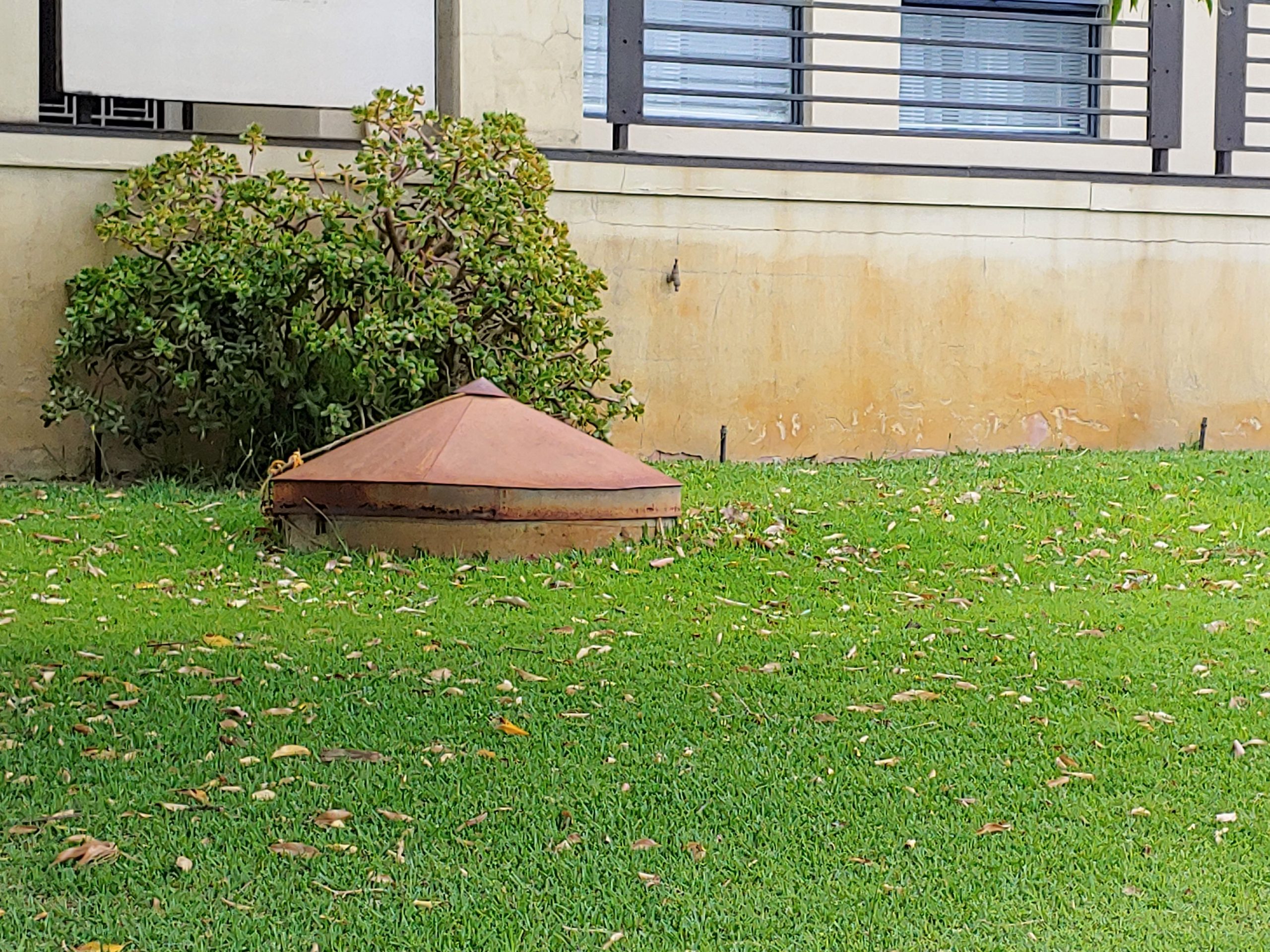Groundwater is a shared resource
We all need to use groundwater wisely to help secure Perth’s water future
- Groundwater plays an important role in Perth’s natural environment by supporting wetlands, lakes and vegetation
- Groundwater is used by Water Corporation to supply about 40 per cent of Perth’s drinking water as part of the Perth Integrated Water Supply Scheme.
- Groundwater is used by local governments and schools to irrigate nearly all parks, play spaces, gardens and sporting fields in Perth.
- Perth residents with a garden bore use groundwater to water their lawns and gardens.
- Groundwater is used by farms and horticulturists for growing produce.
The Kep Katitjin – Gabi Kaadadjan – Waterwise Perth Action Plan 2 outlines the next steps towards establishing world-leading waterwise communities for Boorloo (Perth) and Bindjareb (Peel) by 2030.
The new, two-year plan further supports the State Government’s ongoing commitment to tackling the impacts of climate change on our precious water resources, through water-saving initiatives and the creation of climate-resilient, liveable urban spaces.
Download pdf Groundwater is a precious and shared resource
Garden bore use
About one in four urban properties across Perth use a garden bore to irrigate the household lawn and garden. Collectively, garden bore users across the Perth and Mandurah areas take about 22 per cent of all groundwater used. In 2021, the Department of Water and Environmental Regulation estimate there are about 180,000 households using garden bores, taking a total of about 90 gigalitres a year (90 billion litres).
Garden bores are an important water supply for many households to irrigate small gardens. They help to reduce the demand for drinking water from the scheme and, when used responsibly, they can help distribute the take of groundwater to reduce impacts on water levels.
Just as we use water inside the home wisely, groundwater should also be used wisely to conserve it for future generations.
Help keep our groundwater use sustainable by using your bore responsibly – stay within sprinkler rosters, understand your garden’s water requirements and avoid overuse.
Overuse of groundwater can result in a system out of balance
When bores draw water faster than groundwater is recharged by rainfall, groundwater levels can drop.
This can have a serious impact on Perth’s lakes, wetlands, parks and bushland.
Falling groundwater levels can also lead to water quality problems, including acid sulphate soils and saltwater intrusion.
Climate change combined with groundwater use is having a measurable and visible impact on the water balance of Perth’s groundwater system and its associated environmental values including wetlands, caves, lakes and bushland. This is significantly affecting the long-term sustainability of Perth’s groundwater as a natural, good-quality source of water for Perth.
To ensure groundwater continues to provide a long-term, natural and relatively low-cost source of water for Perth and continue to support Perth’s natural environment, we must adjust our water use down to match the impacts of climate change.
- 2006
- 2015
- 2019
Loch McNess near Yanchep, WA now contains much less water

